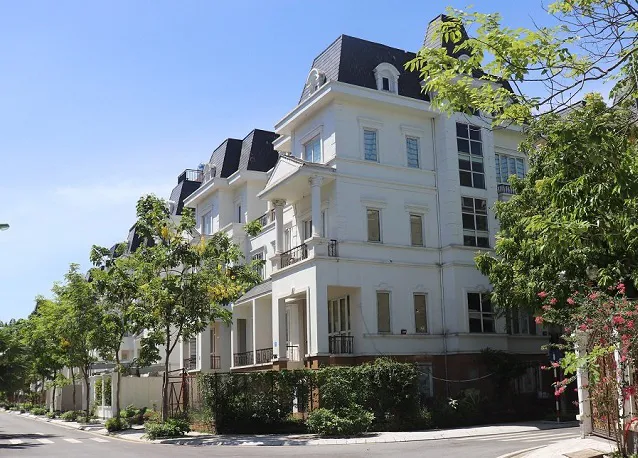Close supervision required on foreigners' home buying in Vietnam: experts
Foreigners are potential buyers of luxury apartments in Vietnam.
In the face of the growing demand for properties by foreigners in Vietnam, close supervision from the authorities is necessary, especially to ensure compliance with tax policies, Lawyer Tran Cao Ngai from the Vietnam Lawyers Association told The Hanoi Times.
| Foreigners should be seen as potential customers for the real estate market. Photo: Doan Thanh |
The move is imperative as decree No.30/2021/ND-CP came into force in late March with simplified procedures for foreigners to buy houses or extend the housing ownership period in Vietnam.
Ngai referred to the case of Singapore where foreigners are allowed to buy houses but subject to strict tax regulations. For example, local citizens are exempt from paying taxes to buy their first home, but foreigners must pay a 15% tax rate.
“Each foreigner living in Singapore is permitted to own only one apartment while buying houses is only permissible in certain areas with specific limitation on the size of the house and land,” he said.
Ngai noted the Singaporean Government divided properties into private and commercial types, and foreigners face no restriction in buying commercial properties, Ngai continued.
Under decree No.30/2021/ND-CP, foreign entities and individuals may own up to 30% of the total number of apartments of an apartment building, or 10% of detached houses in a project with less than 2,500 houses.
Le Hoang Chau, chairman of the Ho Chi Minh City Real Estate Association (HoREA) said foreigners living 180 days in Vietnam are required to pay personal income tax. “In that case, not many are willing to purchase a house and pay tax while they are not staying full-time in Vietnam,” he noted.
“There is a growing demand for foreign ownership of houses in the country, but the majority would turn to renting or long-term leasing for around 50 years,” Chau said, noting they will not buy a house to live a few months a year.
Chau also suggested the government should not allow foreigners to buy condotel or tourist villas. “Those that want to invest in resort projects are subject to a financial obligation under the Investment Law,” he continued.
Data from the Ministry of Construction revealed a low supply of low-priced apartments, while there is an oversupply of luxury apartments by 70-100 million meters.
Several property firms complained the government’s decision to tighten the maximum number of houses allowed to own is hampering the market.
In this case, foreigners should be seen as potential customers, some suggested.













